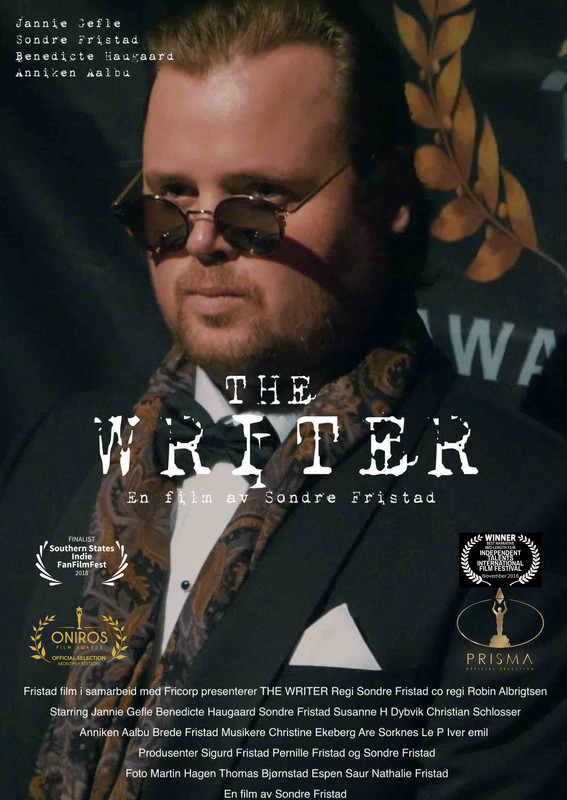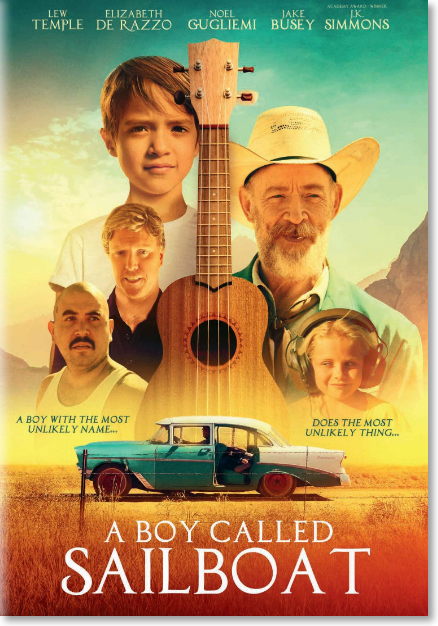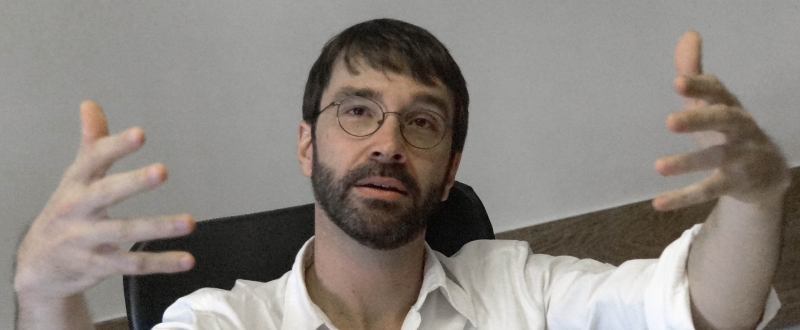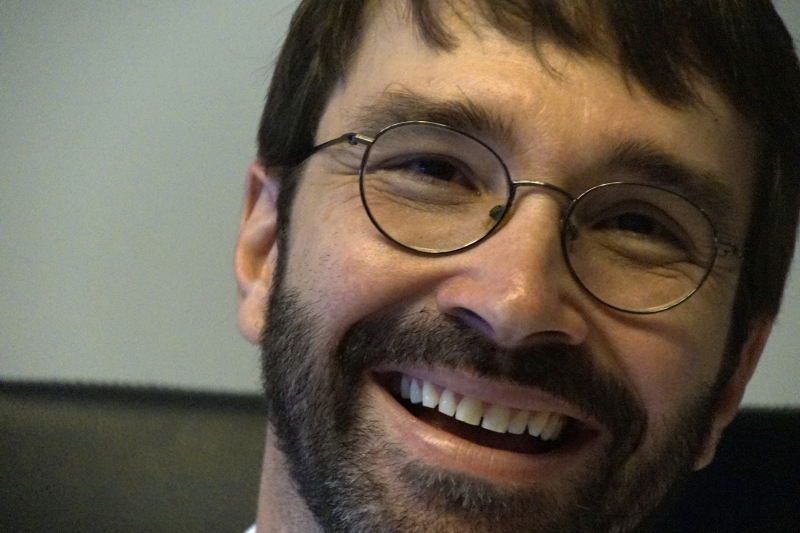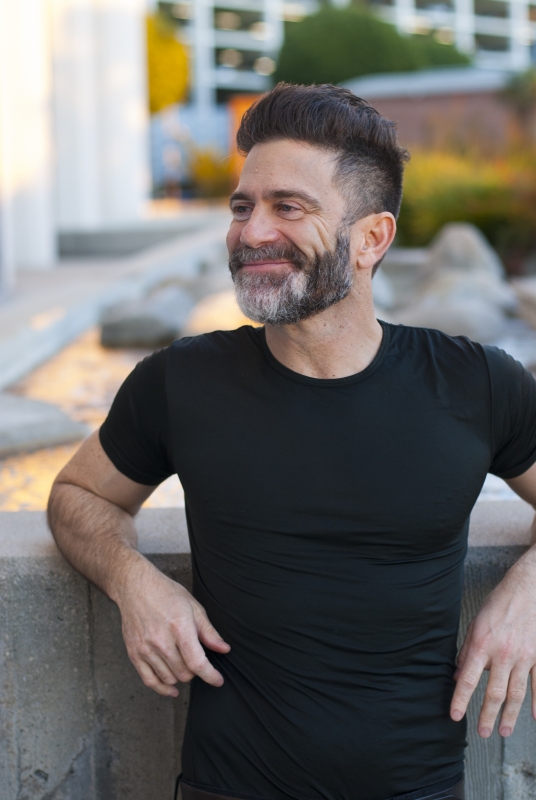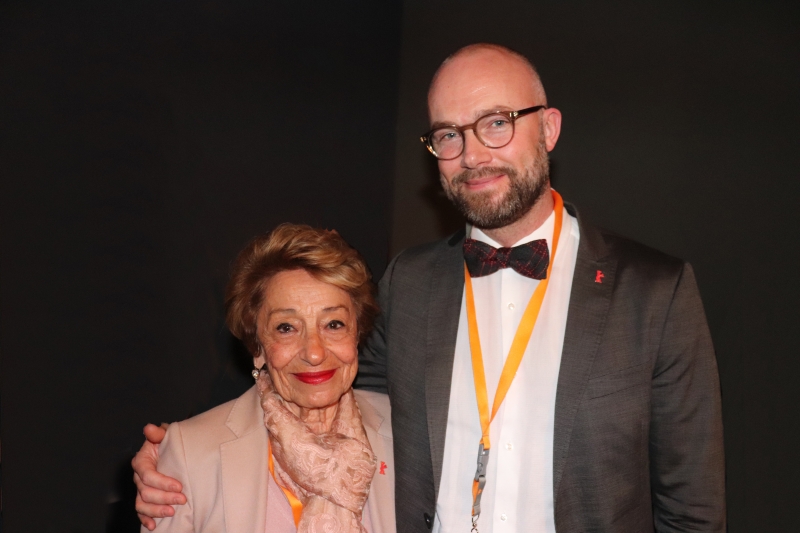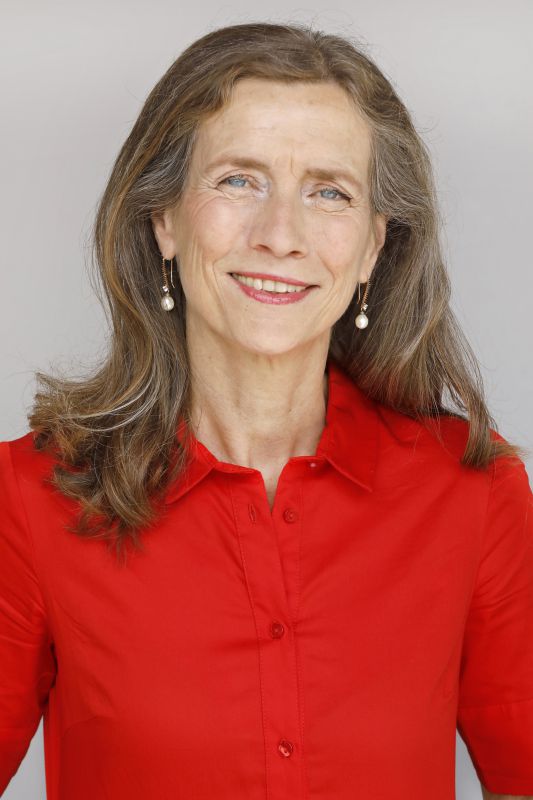|
|
||
|
Pro Tools
FILMFESTIVALS | 24/7 world wide coverageWelcome ! Enjoy the best of both worlds: Film & Festival News, exploring the best of the film festivals community. Launched in 1995, relentlessly connecting films to festivals, documenting and promoting festivals worldwide. Working on an upgrade soon. For collaboration, editorial contributions, or publicity, please send us an email here. User login |
The Writer: Interview with Sondre Fristad in Berlin
Sondre Fristad (28) is an award-winning short film director from Bærum, Norway, and is best known for Alex, Kepaza, and Quiet by the River. He has contributed on Swiss Army Man, The King's Choice, Haram, The Dextape and Operation Arctic. He has a bachelor's degree in Creative Arts Film & TV from Deakin University in Melbourne, Australia. The Writer is his first comedy feature about a young writer with nightmares and problems with his girlfriend. Who ends up playing the lead role in his own movie, things doesn't exactly turn out the way he want it too.
I am going to start right from the top; the opening scene. The viewer can already sense, from the ‘perceived’ suicide scene, the comedic tone in your film. If you had three words to describe your film, what would these be and why?
It’s funny, to begin with; it’s sort of a mockumentary, and interesting – the audience will be intrigued. The overall aim, I would say, is to make people laugh.
I notice throughout the duration of the film that music and sound is prevalent, seemingly pivotal to your directorial debut. Your own production company, Fristad Films, specialises in music video production. I would like a comment on how the music score also played a role in setting this humoristic tone in the movie.
Sure! I have directed and produced around thirty music videos. One of the musicians I partnered with, wrote 15 songs for the film. I was writing my script, and when the musical pieces were delivered to me, I subsequently built my script in alignment with these. The music essentially gave the movie it’s final form, and made it into what it is.
You made the decision to give yourself, Sondre Fristad, the lead role. In this respect, is the majority of the film autobiographical, or are we encountered with a purely fictional narrative?
It’s a little bit of both, really! It is based on true events that have happened to me, or even to people I know. Some scenes have happened in real life, but I was not the one affected; I am making comedy out of what I had seen on a specific day. For instance, there was a time where a guy came along to an audition we held, and was required to pour milk in his glass to take the part. But.. he just could not do it! So I had to ask the guy to leave, since it was not working out, but he would not leave. My friend, who was the producer at the time, yelled and screamed at him. Based on this event, I recreated the scene, this time with Sonny being the insistent guy going to the audition and attempting to pour the milk. Moreover, through the “Yabba-Dabba” music video in the film, I wanted to express my view on many of today’s musicians, who have a high view of themselves. Everyone can make a music video today, as everyone can get a camera. Yabba-Dabba is really nonsense talk, it does not mean anything; with this I wanted to prove that you can give a music video any shape or form you desire nowadays. I work with a lot of Norwegian artists and artists in America. These are all talented writers, but when they actually are in charge of a camera, many times the videos are a jabber. Hence, when I was conceptualising the scene, I just thought; ‘’Yabba-Dabba’’!
So for you it’s like a parody for many music videos today. Incontestably, music videos are seen widely as an art form today, and many of these have a storyline, bringing them even closer to the cinematic form. After this film, which is your first, do you see yourself incorporating music video, as a form, in your next movies?
Sure, I love music, and I do wish I was a musician, but I cannot sing! Perhaps if someone else sings in them.
America seems to be the chosen location for Sonny to begin his career. He is in L.A, in San Francisco, selling scripts and seemingly living a luxurious life. Coming back to the autobiographical aspect, would you like to see yourself as a film director in America in say, 5-10 years?
Yes, absolutely. When you go to L.A , being from Norway, everything seems so huge! I’ve always dreamt of being in Hollywood since I was a kid, so when I actually arrived there, I thought to myself ‘’ I am actually living the dream!”. I am in contact with some producers there at the moment and getting some opportunities to pitch. So I hope to achieve this and move there within the next 5-10 years.
Sonny is a writer who is struggling to get his script out there. Is this a representation of Norwegian reality, with regards to first-time filmmakers?
Yes. This was the idea from the onset, ‘write a script, just do it, and see how it goes.’ It’s hard in Norway; if you are not within the sphere of a huge company, you may struggle the whole of your life, if you don’t get the right producer. It is all about selling. Sonny is actually lonely, even though it is not apparent. He realises he is doing everything for this movie, and then loses everything else as a result; namely his girlfriend. So there is an underlying love story as well. I struggle myself, as I have worked on numerous projects but it is never enough. You write, write, write, but someone else always writes a better script than you.
You mention Sonny’s relationship with his girlfriend, Isabel. Although Sonny is perceivably a confident man, he also has many insecurities. Does his relationship with Isabel also delineate the importance of a woman’s figure in a struggling writer’s life?
Sure, relationships are complicated. Everyone I know who is dating, married, single, is always complaining! However, it does boost your confidence to have a female presence next to you, for support. Sonny makes it in the end, but he needed his girlfriend in order to reach his end goal.
In regards to postproduction, I notice you are not afraid with experimenting with color. The film goes black and white during flashbacks, or utilises cooler hues during Sonny’s dreams. Do you wish to navigate the viewer through space and time with these alterations?
Yes,sort of! Let me give you an example; Sonny sees another girl in his dreams,Maggie; he is not sure if she is real or not, so she has become his nightmare. She is the woman that he desires, but did not get; so I attempted to play with darker colours everytime she appears in the dream, sort of like a fantasy. The use of black and white is also prevalent to provide the viewer with a sense of danger, juxtaposing the other scenes which are predominantly intense and colourful. All in all, being my first film, it is a learning curve for me – I experimented in order to get a sense of what I like and what I don’t.
In the finale, everything seems to fall into place for Sonny. His film wins awards, he travels to London with Isabel to accept these, and finally proposes to her. In your viewpoint, is Sonny now fulfilled, or is there more out there for him?
Well, when my friends attended the premiere, they did say: “You have to make another one – next time he needs to have a baby”. This could be the next chapter, yes! 13.02.2019 | Berlin's blog Cat. : 2018 2019 berlin berlinale fetsival film fristad german Norway sondre the writer Interviews PEOPLE
|
LinksThe Bulletin Board > The Bulletin Board Blog Following News Interview with IFTA Chairman (AFM)
Interview with Cannes Marche du Film Director
Filmfestivals.com dailies live coverage from > Live from India
Useful links for the indies: > Big files transfer
+ SUBSCRIBE to the weekly Newsletter Deals+ Special offers and discounts from filmfestivals.com Selected fun offers
> Bonus Casino
User imagesAbout Berlin Chatelin Bruno Chatelin Bruno |



















